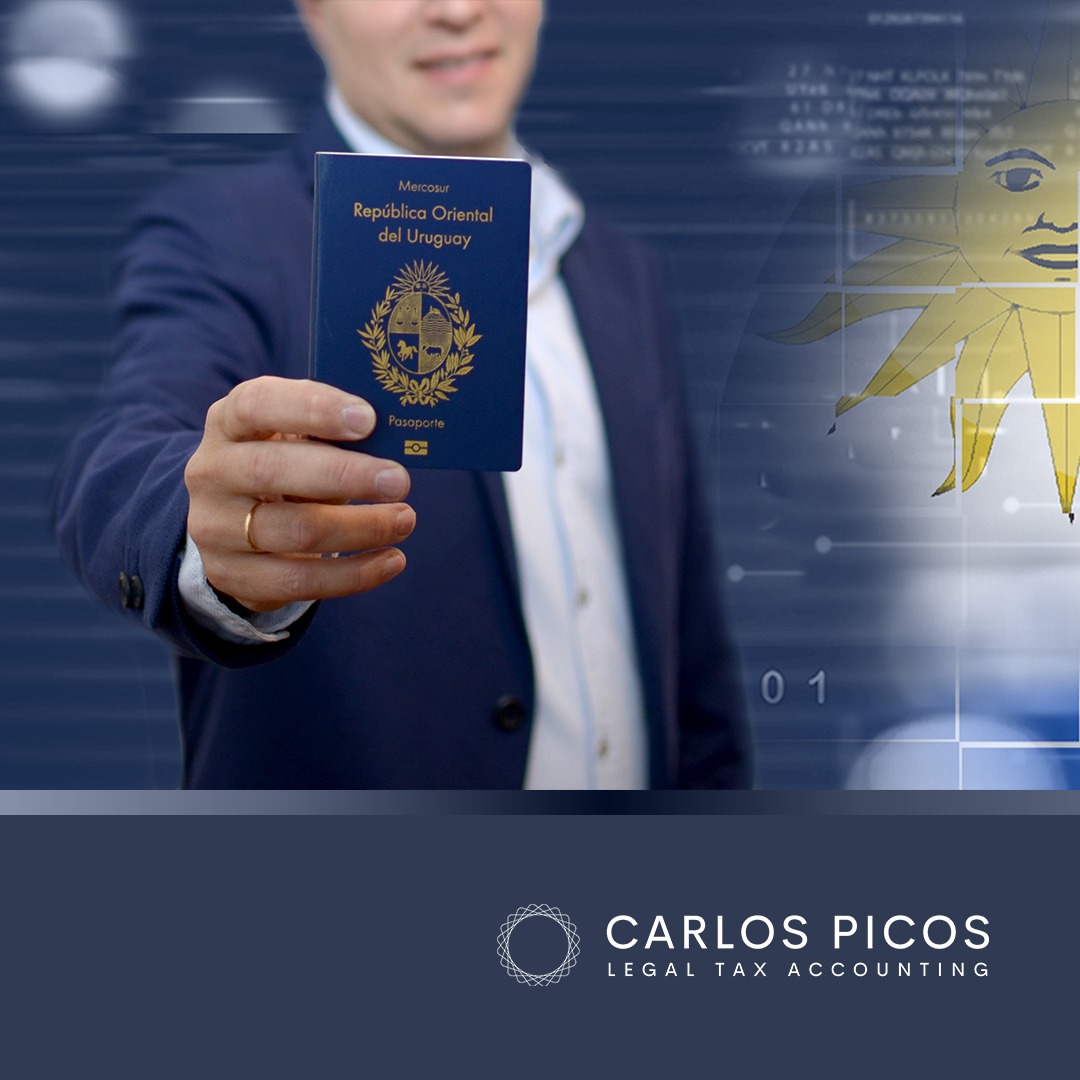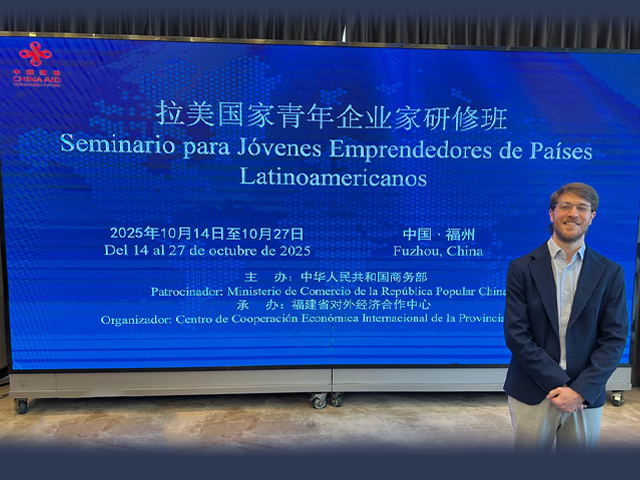As of April 23, Uruguay has been issuing passports that officially recognize legally naturalized individuals born abroad as ‘Uruguayans’.”. This historic change benefits not only those who had already acquired legal citizenship but whose status as Uruguayans was not reflected in their travel documents, but also thousands of legal residents who have chosen Uruguay as their home in recent years and aspire to obtain Uruguayan citizenship in the near future.
Among the most notable changes is the modification of the “nationality” field, which will now be labeled “nationality/citizenship”. Under this new designation, the same country code “URY” will be used for both natural-born and legally naturalized citizens.
Why is this change important?
Until now, the Uruguayan State faced a unique legal issue: its Constitution did not adequately distinguish between citizenship and nationality. While the former refers to the exercise of political rights, the latter defines the legal bond between an individual and a State.
Unlike most countries in the region, Uruguay does not have a naturalization process that allows individuals to acquire Uruguayan nationality. As a result, legal citizens – despite being long-term residents, taxpayers and active participants in national life – were not formally recognized as “nationals” for international purposes.
This issue became more apparent in 2015, when electronic passports began to be issued, which, according to international standards, were required to include the holder´s nationality. Thousands of legal citizens then discovered that, from an international legal standpoint, they were listed as stateless, as their country of birth does not allow dual nationality.
In addition, many countries require visa based on the nationality indicated in the passport. This created paradoxical situations: legal Uruguayan citizens, born abroad, were denied entry at borders despite holding a Uruguayan passport that does not require a visa form most destinations, as the “nationality” field listed a country whose entry does require a visa.
In extreme cases, this situation could even lead to deportations to the country of birth, rather than to Uruguay, severely impacting the residence rights and security of these individuals.
All of this began to erode international trust in the Uruguay passport, as several countries detected inconsistencies in the document and its lack of alignment with the international Civil Aviation Organization (ICAO) standards.
A Step Forward in the Rights and Recognition
The new passport represents a crucial regulatory adjustment that will allow legal citizens to be recognized as Uruguayans at the international level. This advancement not only addresses a practical and administrative issuer but also carries a profound symbolic impact and significance in terms of human rights.
This matter was even addressed before the Inter-American Commission on Human Rights and has prompted the National Human Rights Institution to organize a meeting aimed at promoting a future constitutional reform that would fully recognize those who have obtained legal citizenship as Uruguayan nationals.
At Carlos Picos Consultora, we celebrate this step towards greater inclusion, legal certainty, and the alignment of Uruguay’s legal framework with international standards. We will closely monitor the forthcoming regulatory developments in this area, which are essential for building a fairer and more inclusive Uruguay.
Undoubtedly, this change makes the prospect of living in Uruguay even more attractive for those considering an overseas relocation.
If you have any questions about how this regulatory change may impact your specific situation, please do not hesitate to contact our legal team. We will be happy to assist you.
How can I obtain legal residency in Uruguay?
Is Uruguay the Best Place to Live and Start a Business in the Region?
Learn more about Carlos Picos’s legal services.



